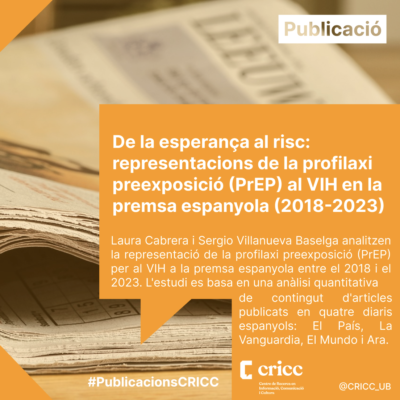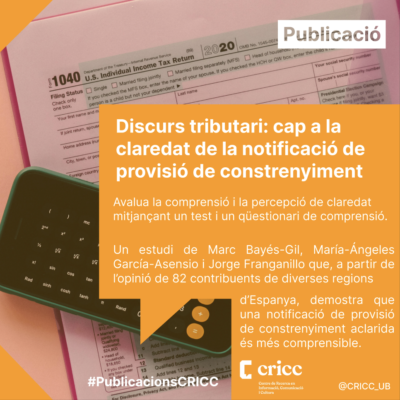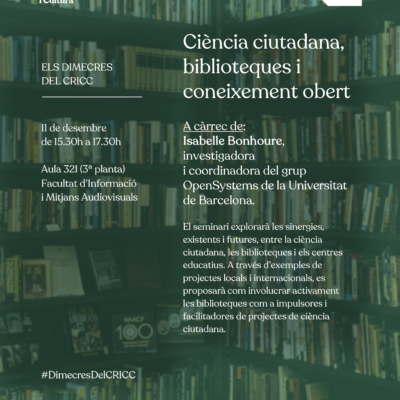The Journal of University Teaching (REDU), dedicated to promoting the exchange of information and ideas about empirical research and experiences among teachers, administrators and professionals in relation to Higher Education, announces a Call for papers for December 2024.
The theme of the call is Artificial Intelligence in Higher Education.
General Abstract
The purpose of this special issue is to advance theoretical development at the intersection of AI and higher education by creating a conceptual framework that examines the impact of AI on university teaching processes and methods. As an emerging area of knowledge, educational AI has the potential to transform our teaching methodologies as well as the educational experiences of our students. There are authors who believe that AI has the potential to transform higher education by improving the effectiveness and efficiency of higher education, but there are also those who believe that its influence may have pernicious effects that could compromise the quality of the university system. As Lim et al. (2023) wrote, the expansion of AI will be subject to resolving the various paradoxes surrounding its use in higher education that would justify both its positive and negative effects. But what is the reality of AI in higher education? What should be taken into account for the positive effects to materialise , and in which learning contexts might AI have a counterproductive effect? The purpose of this special issue of the REDU journal is to examine the potential and current impact of artificial intelligence (AI) on teaching and learning in higher education.
Topics of interest:
* Artificial intelligence (AI) and its pedagogical implications for teaching and learning in higher education.
* Effectiveness of AI applications for teaching and learning in higher education.
* AI as a catalyst for new teaching methodologies.
* Implications of AI for the assessment of learning.
* The impact of AI on teacher training processes.
* The potential of AI technologies in the management and administration of teaching and learning in higher education.
* Social and/or ethical issues in the use of AI for teaching and learning in education.
* Costs and benefits of using AI for teaching and learning in higher education.
* AI and the welfare and professional development of university teachers.
Priority will be given to papers containing empirical research on outcomes and practices, although the editors are also interested in the social and ethical issues that have arisen (or could arise) from the application of AI in higher education.
Dates foreseen:
- Submission of papers until 1 July 2024.
- Expected publication date: December 2024
Coordinators: Andreu Blesa Pérez (blesa@uji.es, Universitat Jaume I, España), Maria Ripollés Melià (maria.ripolles@uji.es, Universitat Jaume I, España) y Yosra Boughattas (yosra.boughattas@gmail.com, Université d’Artois, France)
Some useful references:
- Bahroun, Z.; Anane, C.; Ahmed, V.; Zacca, A. Transforming Education: A Comprehensive Review of Generative Artificial Intelligence in Educational Settings through Bibliometric and Content Analysis. Sustainability 2023, 15, 12983.
- Bates, T., Cobo, C., Mariño, O., & Wheeler, S. (2020). Can artificial intelligence transform higher education?. International Journal of Educational Technology in Higher Education, 17(1), 1-12.
- Bearman, M., Ryan, J., & Ajjawi, R. (2023). Discourses of artificial intelligence in higher education: A critical literature review. Higher Education, 86(2), 369-385.
- Lim, W. M., Gunasekara, A., Pallant, J. L., Pallant, J. I., & Pechenkina, E. (2023). Generative AI and the future of education: Ragnarök or reformation? A paradoxical perspective from management educators. The International Journal of Management Education, 21(2), 100790.
Submissions should be made through the PoliPapers platform (registration as an author is required: https://polipapers.upv.es/index.php/REDU/about/submissions) and it should be indicated in the Comments to the editor section that it is a paper for the monographic issue.







